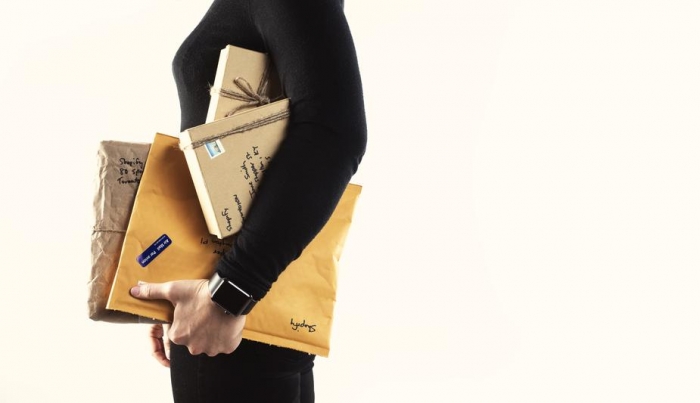Monday 7 January 2019, Safety Guide
Scam aimed at Polish internet users
Lost24
Post-holiday sales period encourages people to hunt deals and make their purchases online. For some time now, Polish internet users are exposed to the attack based on additional payment for shipment. Most often, criminals impersonate courier services and the victim can receive a text message sent, for example, from Inpost.
Accoridng to Niebezpiecznik one example of such text message contains information about additional payment of PLN 1 or 2, which victim has to pay in order to receive the goods. Message of course contains link to a fake DotPay website. At this point, if the recipient of the SMS will provide his login and password for banking service there’s nearly 100 percent chance that he will lose money from his account.















